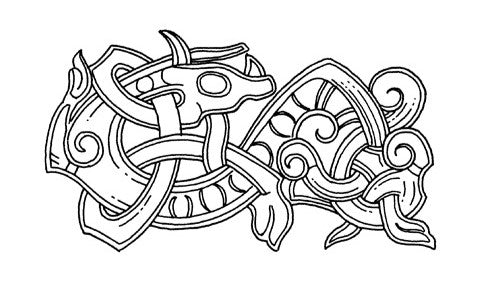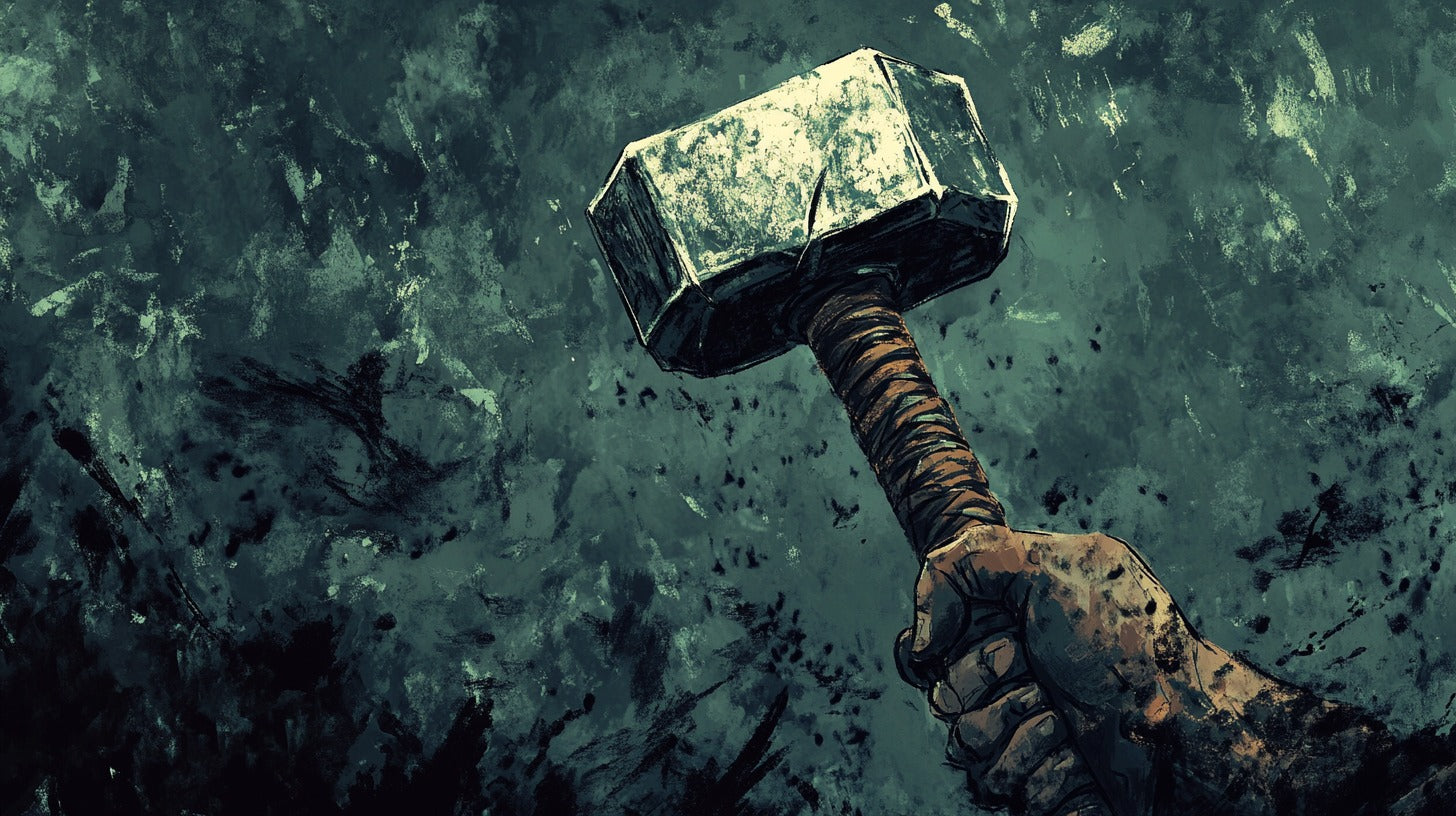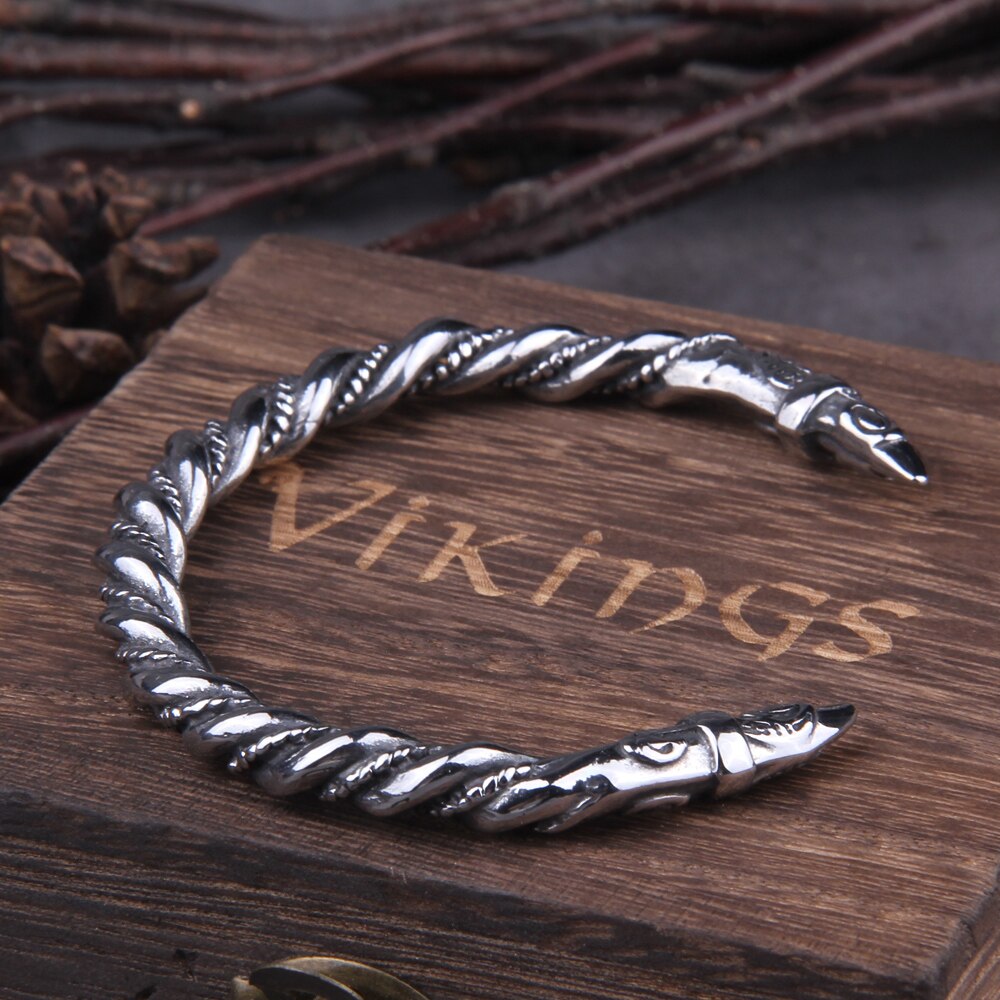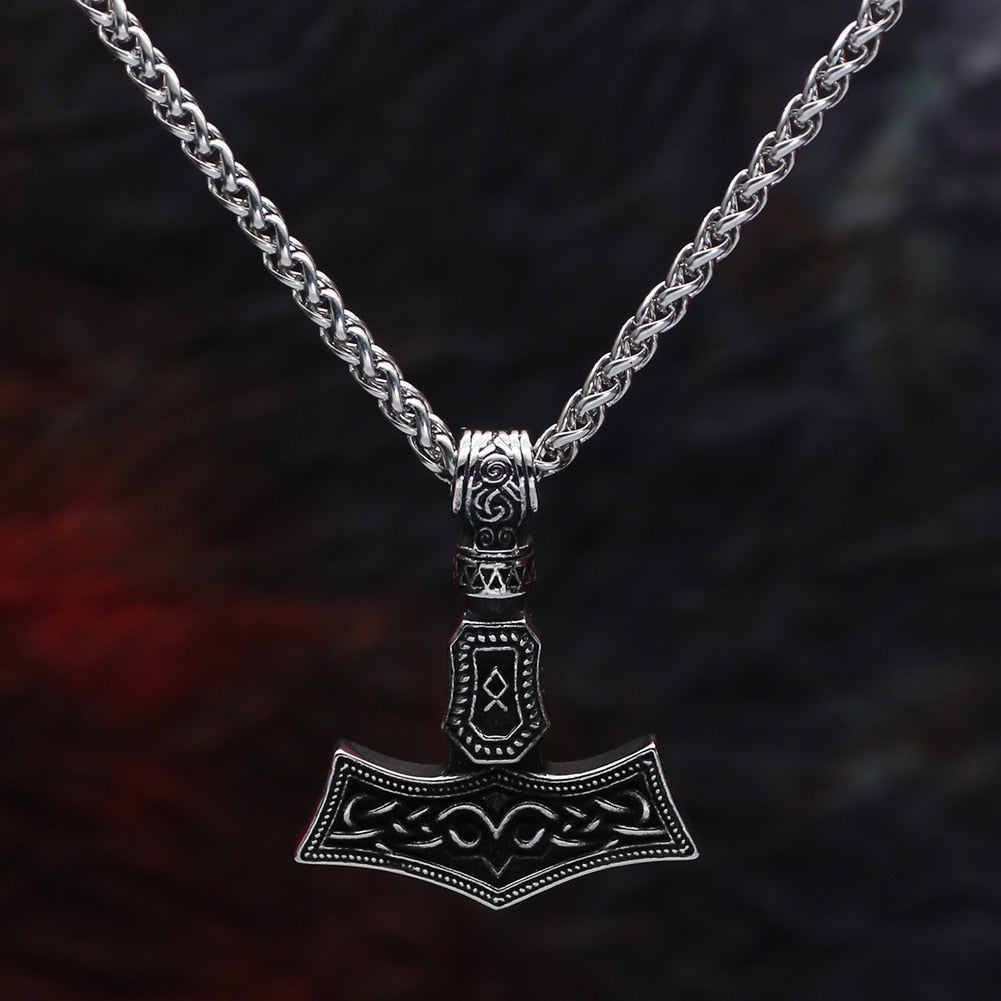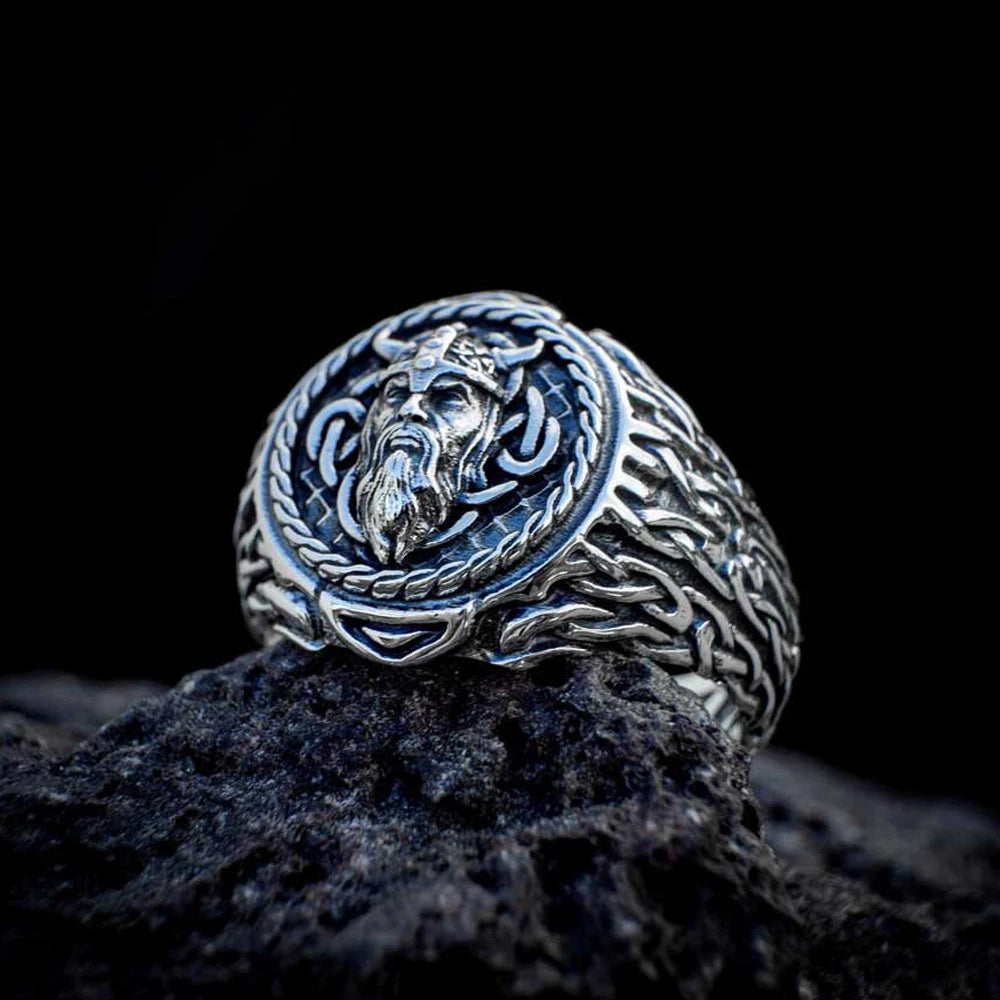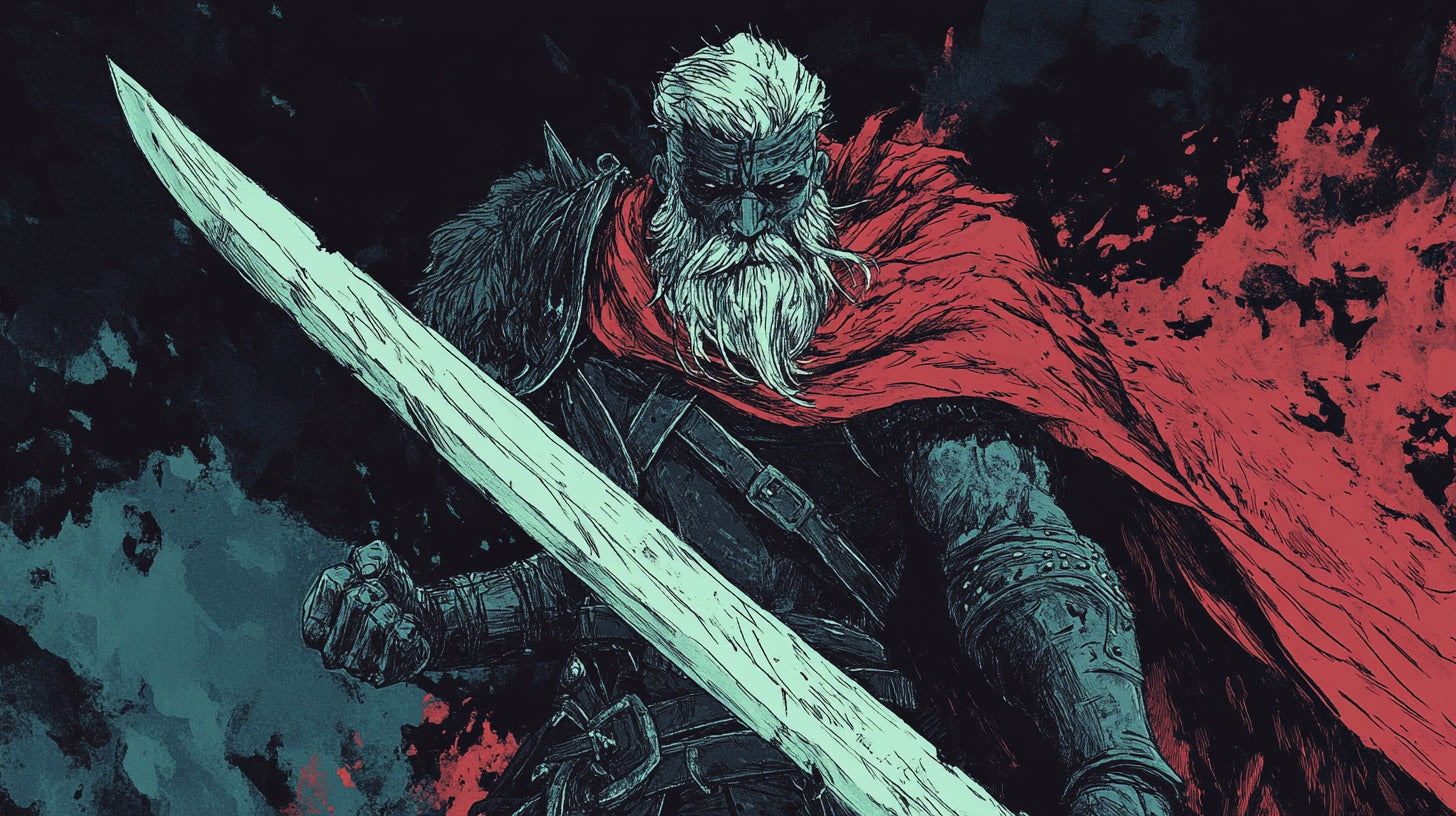
How Norse Mythology Shaped Our Weekly Calendar
The days of our modern week silently preserve an ancient mythological narrative, carrying within their names the profound cultural legacy of Norse gods. What appears to be a mundane temporal framework is, in fact, a linguistic time capsule that speaks to the rich mythological traditions of medieval Scandinavian societies.
Cultural Context
The Norse pantheon's influence extends far beyond its historical moment, embedding itself deeply into the linguistic fabric of multiple European languages. The transformation of weekday names represents a remarkable cultural translation, where divine personalities were immortalized through linguistic adaptation.
Linguistic Origins
Germanic tribes played a crucial role in this linguistic transmission. As they encountered Roman calendar systems, they ingeniously mapped their own divine figures onto existing temporal structures, creating a unique synthesis of mythological representation and practical timekeeping.
Norse Mythological Foundations
The Norse pantheon was a complex theological system characterized by powerful deities with distinct personalities and domains. Each god represented specific cosmic forces, embodying natural phenomena, human characteristics, and existential challenges.
Day-by-Day Mythological Mapping
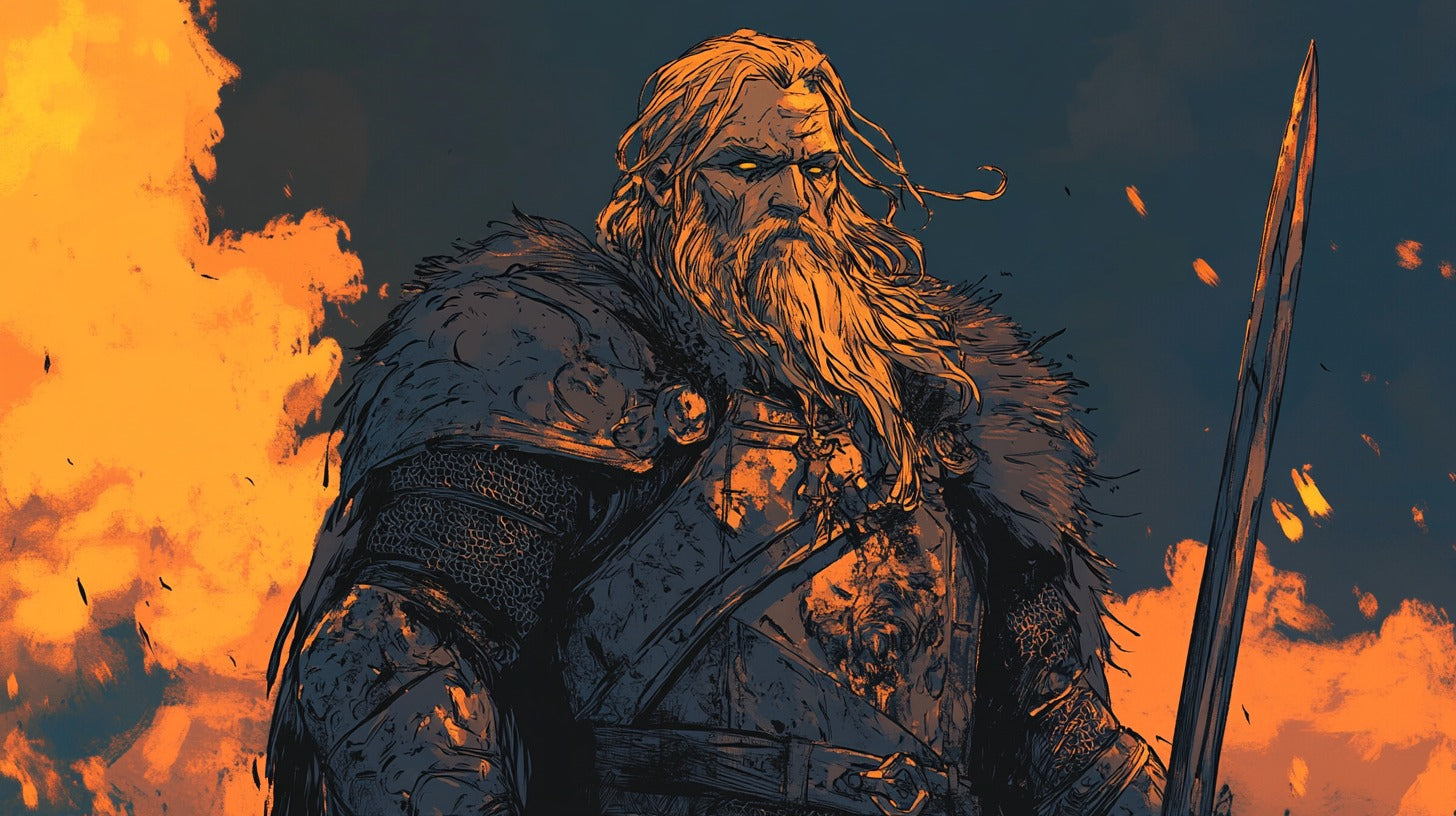
Tyr, God of War, Justice, and Honour (Illustration: Paganheim)
Tuesday: Týr's Day
Tuesday derives from the Old Norse "Týsdagr," honoring Týr, the god of war, justice, and heroic glory. Unlike the more famous gods like Thor or Odin, Týr represents a nuanced divine archetype—a god characterized by extraordinary sacrifice and unwavering commitment to cosmic order.
Wednesday: Odin's Day
Wednesday, or "Óðinsdagr" in Old Norse, commemorates Odin, the supreme deity of the Norse pantheon. As the god of wisdom, poetry, war, and death, Odin embodied complex philosophical and martial principles. His representation transcended simple theological categorization, symbolizing intellectual depth and strategic complexity.
Thursday: Thor's Day
Thursday—"Þórsdagr" in Old Norse—celebrates Thor, the thunderous god of strength, protection, and agricultural fertility. Wielding his legendary hammer Mjölnir, Thor represented the protective forces that medieval Scandinavian societies valued most profoundly.
Friday: Frigg's Day
Friday honors Frigg, Odin's wife and a goddess of marriage, motherhood, and domestic harmony. Her representation demonstrates the nuanced role of feminine divinity within Norse theological frameworks, balancing domestic wisdom with cosmic significance.
Linguistic Transformation

Modern recreation of the Fasti Antiates Maiores, a wall-calendar from the late Roman Republic (Photo: Bauglir CC BY-SA 4.0)
The transmission of these divine names reveals a sophisticated process of cultural translation. Germanic tribes did not merely translate Roman calendar systems but reinterpreted them through their mythological lens, creating a unique linguistic synthesis.
Roman Calendar Adaptation
When Roman temporal systems encountered Germanic cultural practices, a remarkable linguistic negotiation occurred. The original Roman gods were gradually replaced by Norse divine figures, transforming the calendar into a dynamic cultural document.
Cultural Significance
These linguistic remnants represent more than mere nomenclature. They constitute a form of cultural memory, preserving mythological narratives within everyday linguistic practices.
The days of our week stand as silent testimonies to a rich mythological tradition. Each name carries within it a complex narrative of divine representation, cultural translation, and historical transmission, connecting contemporary societies to their profound mythological roots.
Frequently Asked Questions (FAQs)
- How did Norse gods influence weekday names?
Germanic tribes mapped their divine figures onto existing Roman calendar systems.
- Which Norse gods are represented in weekday names?
Týr, Odin, Thor, and Frigg are prominently represented.
- Were these conversions universal across Europe?
Primarily observed in Germanic and Scandinavian linguistic regions.
- Why did these mythological names persist?
They represented powerful cultural and linguistic continuity.
- Are all weekdays named after Norse gods?
Not all days; some retain Roman planetary associations.
References
Simek, R. (1996). Dictionary of Northern Mythology. Boydell Press.
Turville-Petre, E.O.G. (1964). Myth and Religion of the North. Greenwood Press.
Orchard, A. (2002). Dictionary of Norse Myth and Legend. Cassell.
Davidson, H.R.E. (1964). Gods and Myths of Northern Europe. Penguin Books.
Näsström, B-M. (1995). Freyja - The Great Goddess of the North. University of Lund
